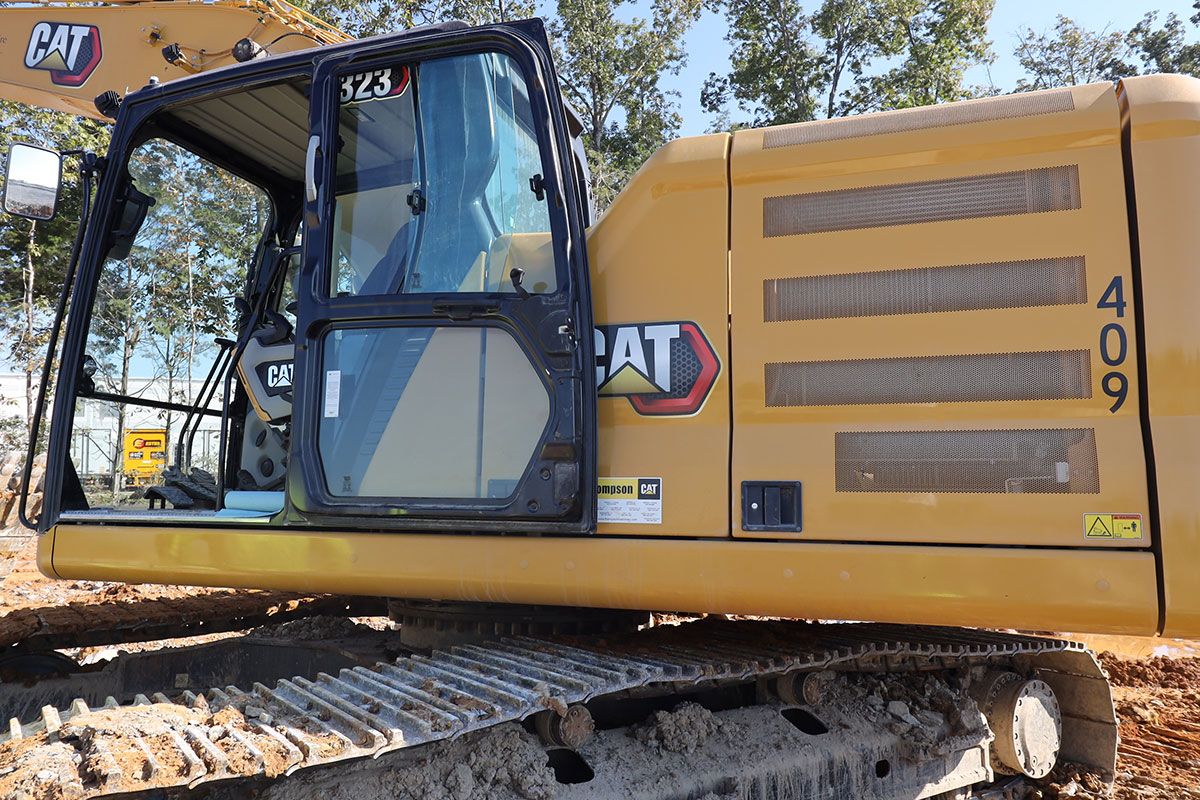Bidding on excavation jobs can be complicated. Don’t attempt to go out on your own in excavation until you have the experience to know what you are doing. Excavation job bidding involves several steps, including:
- Understanding the scope of the project: Before bidding on a job, you need to thoroughly understand the scope of the project, including the type of excavation required, the materials that need to be removed, and the specifications for the site preparation.
- Reviewing the bid documents: Review the bid documents, including the plans and specifications, to ensure you have a complete understanding of the job requirements.
- Determining your costs: Estimate the cost of labor, equipment, materials, and any other expenses required to complete the job. Make sure to include a contingency for unexpected expenses.
- Examining the competition: Research the market and assess the competition to determine a fair price for your services.
- Preparing a bid proposal: Write a detailed bid proposal that outlines the scope of the project, your qualifications, and your cost estimate. Make sure to include a breakdown of the costs and a timeline for completion.
- Submitting your bid: Submit your bid proposal by the deadline specified in the bid documents.
- Negotiating the contract: If your bid is accepted, you may need to negotiate the contract with the client to finalize the details of the project.
It’s important to take your time and carefully evaluate all the factors involved in the excavation job before submitting a bid. This will help you to submit a competitive and accurate bid, and to avoid any surprises or overruns during the project.
Takeoff for an excavation job involves determining the quantities of materials and labor required to complete the project. Here are the steps for performing a takeoff for an excavation job:
- Review the plans and specifications: Start by reviewing the plans and specifications for the excavation job, including the grading plan, site plan, and cross-sections. Make sure you understand the scope of the work and the requirements for the project.
- Determine excavation quantities: Using the plans and specifications, determine the quantities of excavation required, including the volume of soil and rock to be removed, the depth of cuts, and the slope of the excavation.
- Calculate material quantities: Calculate the quantities of materials required for the job, including the volume of fill required, the length and depth of the trenches, and the volume of concrete for the footings and walls.
- Determine equipment requirements: Based on the quantities of excavation and materials, determine the type and amount of equipment required for the job, including excavators, dozers, and trucks.
- Estimate labor requirements: Estimate the labor required for the job, including the number of workers, the type of labor required (such as grading, trenching, or concrete work), and the duration of the work.
- Prepare a detailed takeoff report: Organize the information gathered in the previous steps into a detailed takeoff report that includes a summary of the quantities of excavation, materials, equipment, and labor required for the job.
- Review and revise the takeoff: Review the takeoff for accuracy and make any necessary revisions. Check the takeoff against the plans and specifications to ensure that it matches the requirements of the project.
A accurate takeoff is an important step in the bidding process for an excavation job, as it helps you to determine the costs and resources required to complete the job. It also helps to minimize the risk of cost overruns and other issues during the project.
When bidding on an excavation job, it is important to have a good understanding of the land and soil conditions on the jobsite, as this can impact the cost, timeline, and overall success of the project. Here are some factors to consider:
- Soil type: The type of soil on the site can affect the excavation and foundation requirements, as well as the cost of removing and transporting the soil.
- Topography: The topography of the site, including the slope and contours, can affect the excavation and grading requirements, as well as the type and amount of equipment required.
- Groundwater level: The groundwater level on the site can impact the excavation and foundation requirements, as well as the cost of dewatering the site.
- Subsurface conditions: The subsurface conditions, including the presence of rock, boulders, or other obstacles, can affect the excavation and foundation requirements and the cost of removing these materials.
- Utilities: The presence of utilities, such as water, gas, and electric lines, on the site can impact the excavation and grading requirements, as well as the cost of relocating or protecting these utilities.
- Environmental considerations: Environmental considerations, such as the presence of wetlands or protected species, can impact the excavation and grading requirements and the cost of obtaining permits and following environmental regulations.
It is important to gather as much information as possible about the land and soil conditions on the jobsite before bidding on an excavation job. This can help you to identify potential challenges, determine the resources and equipment required, and provide a more accurate estimate of the cost and timeline for the project.
As you can see, a lot goes into bidding excavation work. If you could use some more help, sign up for ProfitDig and you can have a free half-hour phone call with professional construction project manager, Jeff Spencer. Jeff has dozens of years of experience and can answer any question you have about bidding excavation work.

